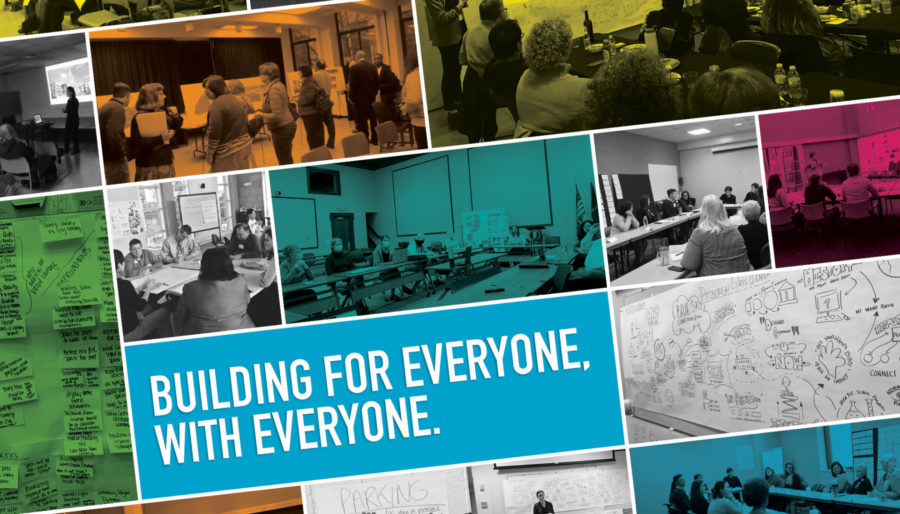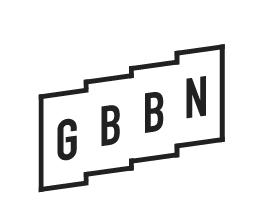Insights
Aug 2, 2021 _ insights
GBBN Featured in ULI’s Urban Land
Anyone who has been involved in development projects knows how difficult it is. Assembling your finances, navigating local zoning requirements, finding the right design and construction partners… It’s a process that is fraught with uncertainty.
It’s no wonder that many developers see community engagement as an additional, unnecessary obstacle. While understandable, however, this inclination can be counterproductive.
In “Using Engagement to Find Untapped Expertise in Equitable Development,” which my colleague Steve Kenat and I recently published in the Urban Land Institute’s Urban Land Magazine, we make the case that developers should prioritize community.
The article focuses on two reasons for doing so:
- First, it’s the right thing to do. Regardless of whether neighbors have a legal claim to a property, it’s part of their daily world, and they should have some role in shaping the future of their community.
- Beyond that, it is in the interest of the developer to engage the community. The fact is that community members are experts. Living day-to-day in the place where a development is taking place, they understand the strengths and weaknesses of their neighborhood. As such, they have invaluable, local knowledge that can contribute to the success of a development while also enabling it to give back to the neighborhood.
Those who view community engagement as an obstacle risk missing out on a wealth of knowledge. In addition to making the case that you should prioritize community engagement, we also share some strategies on how to do it successfully. To read the whole article, click here.
 Originally from Belgium, Stefan Cornelis is passionate about increasing density and improving urban life in his adopted city. His recent projects include the mixed-use development in downtown Cincinnati, 1010 On The Rhine, the Esther Marie Hatton Center for Women, College Hill Station, and the St. Vincent De Paul Bank Street Outreach Center.
Originally from Belgium, Stefan Cornelis is passionate about increasing density and improving urban life in his adopted city. His recent projects include the mixed-use development in downtown Cincinnati, 1010 On The Rhine, the Esther Marie Hatton Center for Women, College Hill Station, and the St. Vincent De Paul Bank Street Outreach Center.




